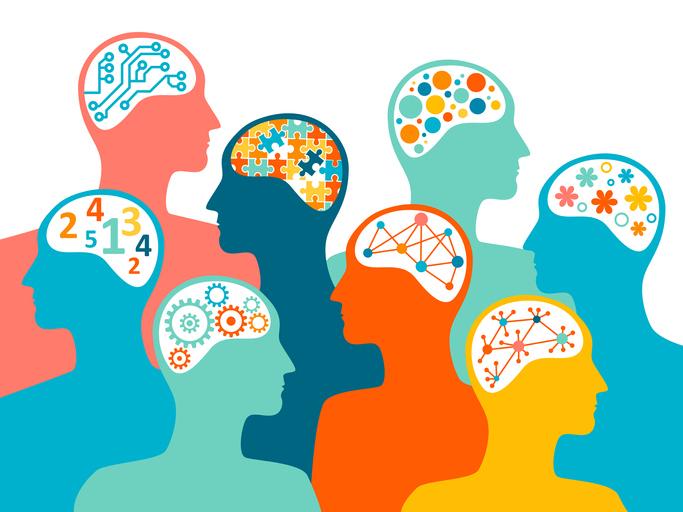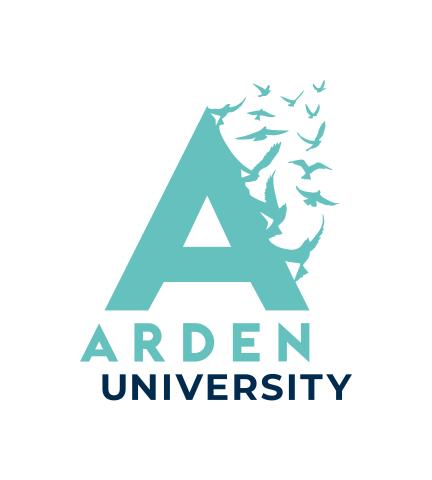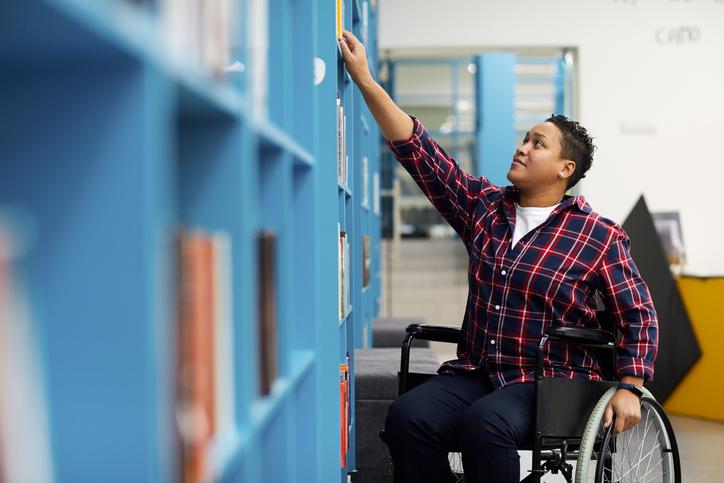
How to make your university more neurodiverse friendly
One in seven people in the UK is neurodivergent. So, with student numbers at their highest level ever, it’s safe to assume that the number of neurodivergent students is likely to be significant. Traditional perspectives on neurodivergence continue to cast a long shadow on learning and working in higher education. As an example, research has found that less than 40 per cent of autistic students successfully complete their studies and are more likely to drop out. It’s crucial that these students can access adequate support.
The power behind a neurodiverse university
Humankind is both enriched by and reliant on neurodiversity. Growing evidence suggests the importance of moving towards a model that integrates biopsychological theory and neurodivergent perspectives. For universities, this would mean having open-minded conversations with experts and those who are neurodivergent to address the specific barriers and difficulties that neurodiverse students and staff may face.
Given the nature of universities, the teaching environment and the way students are typically assessed, some individuals find it much easier to demonstrate their full academic potential than others. This contributes to a narrow understanding of the relationship between neurodiversity, ability and achievement, which can discourage disclosure among both students and staff.
- Five steps to support autistic students on their higher education journey
- What I’ve learned from a decade of working with a disability in academia
- 10 ways universities can reject ableism
There is a wealth of knowledge within the neurodivergent community, and it makes sense that they are involved in shaping the learning experience. Experts by experience can supply significant education, both clinically and practically, and can support both neurodivergent and neurotypical people to craft academic environments that better cater to diversity more equitably. This means universities need to ensure measures are in place to accommodate neurodiverse academics in order to help students.
For instance, the higher education environment for academic staff can present several challenges, such as, during the interview process, disclosure and the implementation of reasonable adjustments. This process places importance on specific skill sets, including networking and strong outputs in a high-pressure environment. Neurodivergent employees, however, can experience social fatigue, autism burnout and common co-occurring neurodivergent symptoms. It’s important to rethink recruitment and promotion practices by prioritising the individual and their unique skill sets. Many report success with interviewing and hiring neurodiverse employees by using skills-based methods, such as cognitive assessments or a work trial, which provide the benefit of focusing on the applicant’s ability to perform specific tasks.
How to create a neurodiverse university
With an inclusive staff cohort, you should have better understanding of, and more reasonable adjustments made for, neurodivergent students. There are also practical steps that can be taken to achieve a neurodiverse-friendly university, such as:
- Offering classes at alternative times or offering flexibility for those who may not be able to attend physical lectures. Neurodivergent people are more likely to access education as mature students. This means they are likely to be balancing multiple responsibilities such as family, work and home life, as well as feeling nervous about returning to an educational setting after a significant break.
- Adopting a relaxed, pedagogical approach, which allows more breaks during teaching, the opportunity to stand up and walk around and sympathy to individual needs. For instance, attendance may not be consistent, but this does not mean work is not being completed. Universities also need to have greater understanding that extensions to deadlines are reasonable adjustments for a disability.
- Understanding that some people learn better and are more comfortable if they have their eyes closed or are undertaking another activity (such as crocheting), as this keeps them “in the moment” and prevents them from zoning out, which can often happen to neurodivergent people.
- The physical space of teaching should be neurodiverse aware in terms of lighting, sound and use of space, and the content and pace of teaching and university meetings should be mindful of the diversity of needs.
- There should be adequate support and training for staff, so they know what to do once a diagnosis has been shared. This includes adopting sympathetic responses to requests for more information that can reduce anxiety and confusion and being mindful of neurodiverse-appropriate language. Universities need to make sure they are no longer using outdated terms such as “low- or high-functioning”.
- Reviewing assessments to ensure they are neurodivergent friendly or that alternative assessments are available. Allowing students to write their own assessment questions can help. Ambiguity can be particularly problematic, so there should be clarity in terms of assignment details, deadlines and expectations.
- Materials should be prepared with the needs of neurodivergent people in mind in terms of background colour, reducing large blocks of text and the inclusion of keywords. This also means that different formats of study, including part-time or online programmes, should be available.
- To help navigate the student experience, individual support and/or a peer buddy can help students and staff navigate their studies/workplaces.
Universities shouldn’t rely on disclosure from individuals in order to meet their needs – disclosure is not always an easy process, as they need to come to terms with personal experiences, health concerns and fear of stigmatisation. Instead, by training staff to recognise that neurodiversity can present itself in different ways and offering more diverse approaches towards learning and different methods of assessments, higher education institutions can become more neurodiverse friendly.
Finola Farrant is dean of the Faculty of Social Sciences, Emma Owen is a lecturer in psychology, and Marta Jaksa and Fawn Lavina Hunkins-Beckford are psychology students, all at Arden University, UK.
If you would like advice and insight from academics and university staff delivered direct to your inbox each week, sign up for the Campus newsletter.




